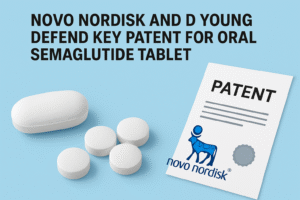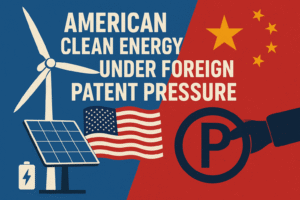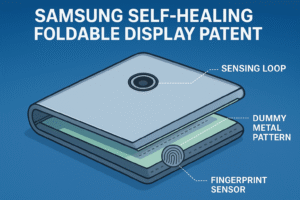Lenskart tells Delhi High Court its use of Titan’s trademarks like Titan, TitanEye+ and Fastrack was an inadvertent mistake. The court records statement and disposes the suit with a consent decree.
In a significant development in a trademark infringement case, leading eyewear retailer Lenskart Solutions Pvt Ltd has admitted before the Delhi High Court that its use of trademarks owned by Titan Company Limited was a mistake and not a deliberate act of infringement. The court, presided over by Justice Amit Bansal, accepted the company’s submission and disposed of the case through a consent decree.
Trademark Dispute: Titan vs Lenskart
The legal dispute arose after Titan Company Ltd—a Tata Group entity that owns popular eyewear and accessory brands like TitanEye+, Titan, and Fastrack—alleged that Lenskart was using its registered trademarks on its website, both in visible content and as hidden meta tags to boost search engine rankings. Titan viewed this as a clear instance of trademark infringement and passing off and filed a legal suit after sending a legal notice to Lenskart on February 13, 2025.
Lenskart’s Response: Inadvertent Error
In its response to the court, Lenskart clarified that the use of Titan’s trademarks was unintentional. The company emphasized that it never aimed to deceive customers or gain unlawful benefit from Titan’s brand value. Lenskart confirmed that all references to Titan, TitanEye+, and Fastrack had been removed from its website and internal search engine optimization (SEO) metadata.
Court Disposes Case with Consent Decree
Recognizing the prompt action taken by Lenskart and the absence of any challenge from Titan’s legal representatives, the Delhi High Court accepted the eyewear brand’s statement and issued a consent decree, formally binding Lenskart to its commitments. The court did not pass any punitive orders but noted that Lenskart must refrain from similar actions in the future.
Implications for the E-Commerce and Retail Sector
This case underlines the importance of trademark due diligence, especially in the realm of digital marketing where metatag usage can inadvertently cross legal boundaries. The resolution also sets a precedent for how companies can responsibly handle IP disputes by acknowledging errors and taking corrective action swiftly.
Disclaimer:
This article is based on publicly available information from credible legal reporting sources, including Bar & Bench. It is intended for informational purposes only and does not constitute legal advice. All trademarks mentioned belong to their respective owners.




